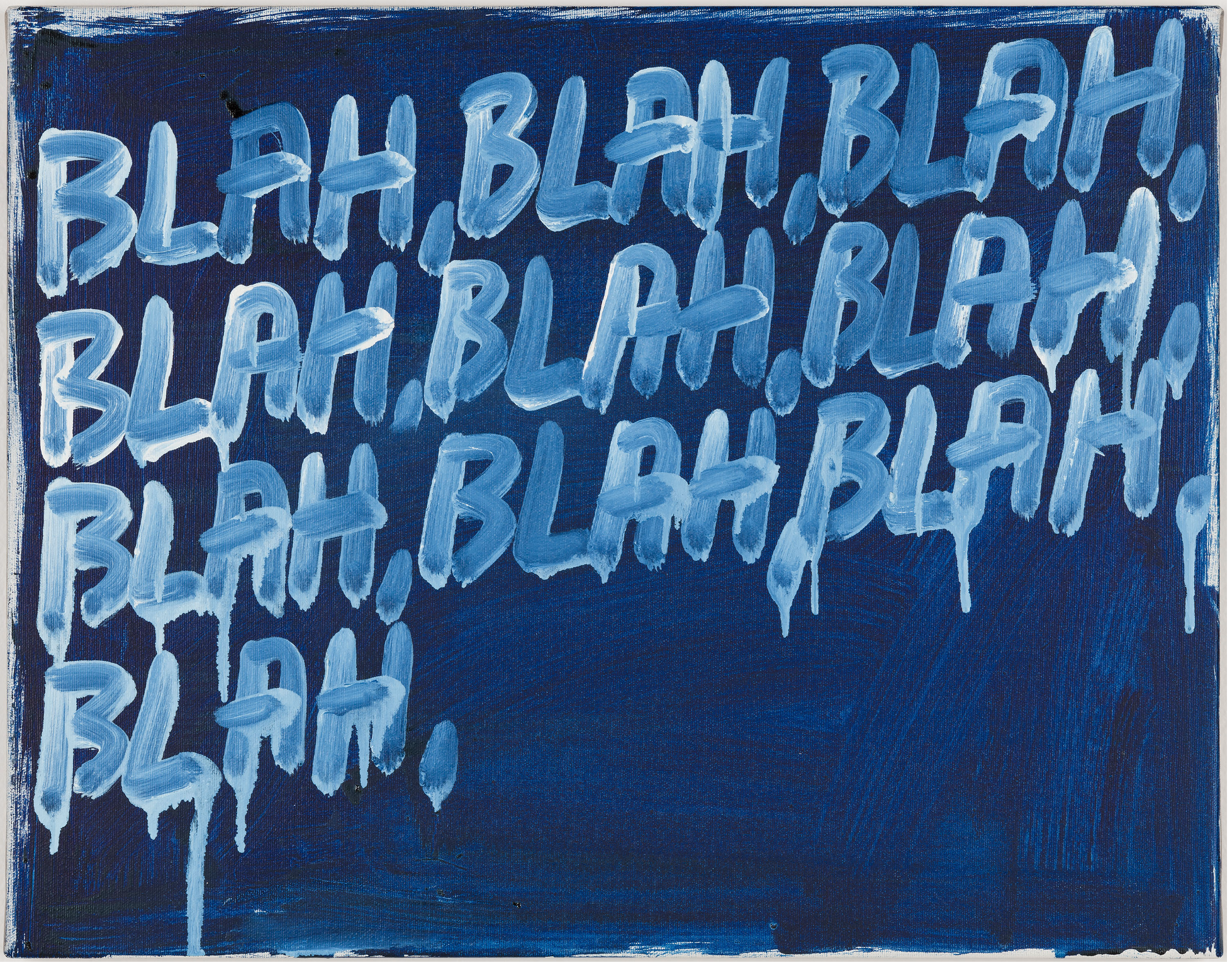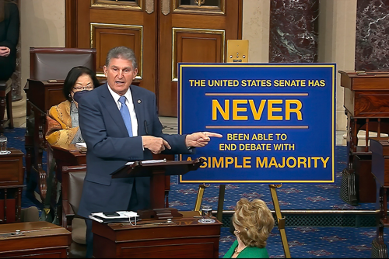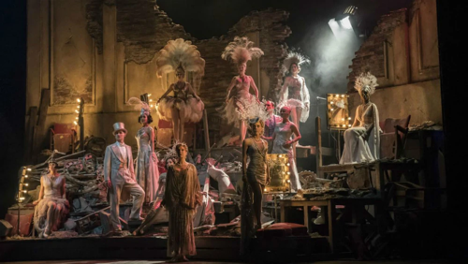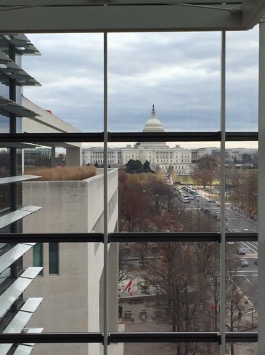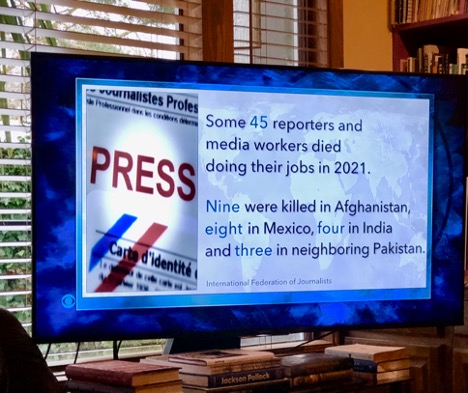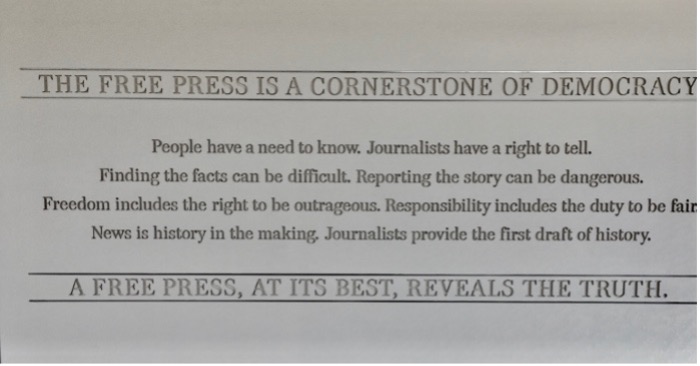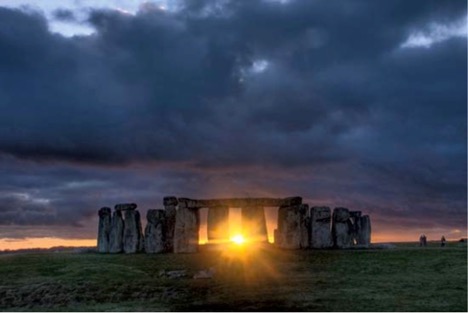I have an abiding dislike for people who make fun of others. I never liked Don Rickles whose act was an avalanche of insults, or Donald Trump who chooses to demean or slander those he disagrees with rather than engage them in debate. Remember Crooked Hillary, Little Marco, Sleepy Joe, Crazy Megyn, Pocahontas, or the disabled New York Times journalist he mocked.
Lately it’s Stephen Colbert, one of my favorite comedians, who is getting under my skin. He does an impersonation of Joe Biden that’s not about his politics. He’s mocking Joe’s affect as an out of touch old person.
Yes, sometimes he tries too hard to be au courant and relies on out of date reference. And there are too many instances of “hey, man.” Too many “malarky’s.” Too many “Barack and me” references. But Colbert’s riffs feel mean-spirited. There’s an exaggerated head tilt, aviator glasses, and a jocular crooked smile.

My friend, the writer Delia Cabe, nailed it yesterday when she said, “Ad agencies seem to think being over 55 automatically means you are incontinent, hard of hearing, incapable of dealing with a laptop/smart phone and more. Pisses me off!”
We are in the midst of a global Covid pandemic, but America is also in an endemic of ageism. It isn’t just Colbert or Trump, who play the ageism card. The attitude crosses all categories. Comics, pollsters, advertisers, SNL, employers, developers, film makers – all of whom trade on the stereotype of older people as being “resistant to change, not creative, cautious, slow to make judgments, lower in physical capacity, uninterested in technological change, and difficult to train.” (Wikipedia). It suggests that at a certain age, if we are seen at all, we are regarded as impotent, genderless, isolated, and out of touch. And, contrary more obvious forms of stereotyping, like racism and sexism, ageism seems more embedded and resistant to change.
Earlier in our history and still in other cultures, families were nuclear and crossed generational lines. Today, America’s focus on retirement generally signifies the end of productivity. “Seniors” are “put out to pasture” and given rise to a giant industry that is contemporary society’s way to warehouse the old. How a society treats its own says more about it than it does about them. It’s part of a culture’s social contract.
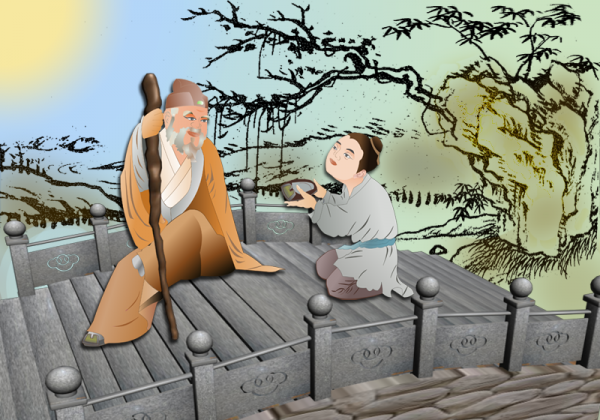
In the ancient east, the concept of filial piety is one of the pillars of Confucianism. It goes back to 400 BC and in general terms refers to the duty to take care of and respect one’s parents, but in the larger sense to show love, respect, and support for the wisdom of one’s elders. It’s not so long ago that such respect was part of our own ethos. I was raised that way. My parents taught me it was good manners. How we treat others says more about us than it does about them.
Looking at the prevalence of ageism in our culture should take us back to all the recent talk about civility in discourse. It’s related. Filial piety, the Golden Rule, good manners, respect for differences. Maybe the late-night comics should think twice before they poke fun at us. Many of us are still working. Maybe they could cut us a little slack for living productive lives. Poke fun at Donald Trump for his ignorance, lack of empathy, weight, dalliances, and greed but not for his age.
On a more serious note, do you think the Covid response would have been different if 76% of the 876,000 Covid-19 deaths had been 18-35 year olds rather than those over 65? This is the ultimate example and tragedy of ageism. Are those of us over 65 not as important, not as valuable? Would the response have been ramped up if children were dying at the same rate? I doubt it.
Back to the beginning… I’d advise Colbert to think ahead. If 65 is where the zone begins, at 57 his aged targets are only 8 years older than he is. Be careful Stephen. James Corden is 43. Jimmy Fallon, 47. Seth Meyers, 48. You might just be in their sights 10 years from now. C’mon Stephen…man up.






